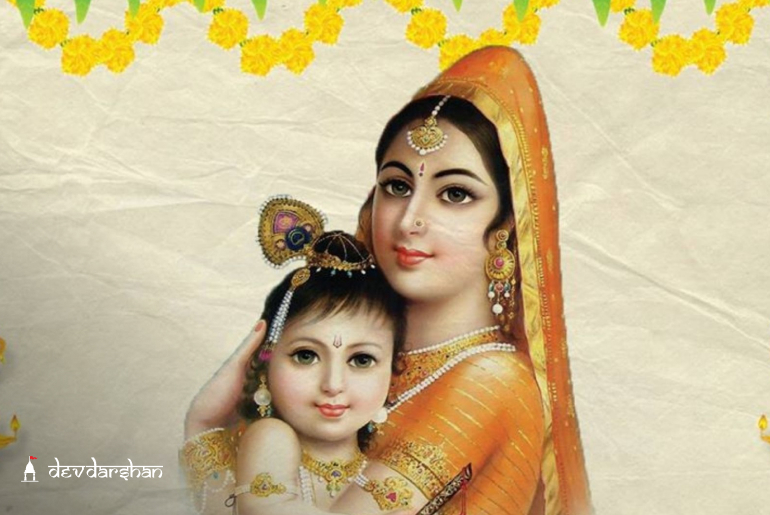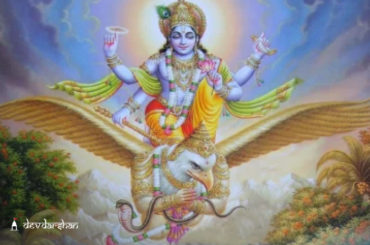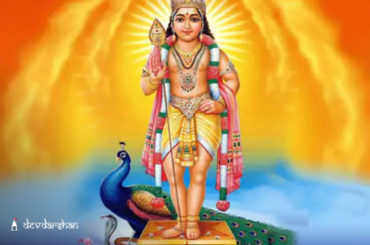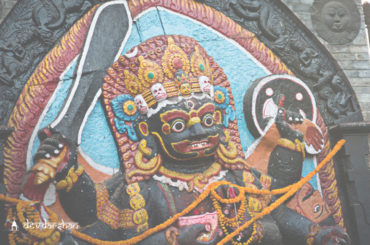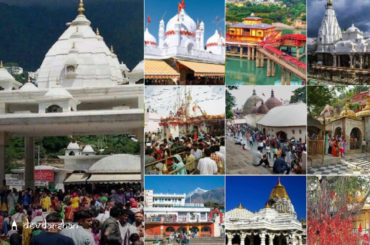Jivitputrika Vrat, also known as Jitiya or Jitiya Parva, is a traditional fasting ritual observed by Hindu women, especially in the northern and eastern parts of India, especially in Bihar, Uttar Pradesh, Chhattisgarh, Jharkhand and Madhya Pradesh. This vrat is primarily dedicated to the well-being and longevity of children, particularly sons. It is usually observed on the eighth or ninth day of the waning phase of the lunar month of Ashwin (September-October), corresponding to the Krishna Paksha Ashtami or Navami. This year, Jivitputrika Vrat 2023 falls on Friday, October 6, 2023.
During the Jivitputrika Vrat, mothers fast from sunrise to sunset, refraining from consuming food and water. The word “Jivitputrika” translates to “one who keeps her children alive,” symbolizing the intention of the fast – to seek the prosperity, health, and long life of their offspring.
The Jivitputrika Vrat serves as a poignant example of a mother’s boundless love and devotion to her son. In historical times, sons played a crucial role in safeguarding both the mother and other female relatives within the family. However, as circumstances have evolved, the contemporary era acknowledges that daughters possess equivalent capabilities and can offer the same level of protection as sons.
So, let’s get to know more about the Date, Rituals and Significance of Jivitputrika Vrat 2023.
Jivitputrika Vrat 2023: Date, Muhurat and Timings
This year, Jivitputrika Vrat will be observed on Friday, October 6, 2023.
- Ashtami Tithi Starts: 06:34 a.m on October 06, 2023
- Ashtami Tithi Ends: 08:08 a.m on October 07, 2023
Significance of Samvatsari
The Jivitputrika Vrat holds significant cultural and emotional importance in Hindu traditions, particularly in regions of northern and eastern India. Here are some key aspects of its significance:
Maternal Love and Dedication
The vrat is a powerful expression of a mother’s unconditional love, devotion, and selflessness towards her children, particularly her sons. It highlights the deep emotional bond between a mother and her offspring.
Prayer for Longevity and Well-being
The central purpose of the vrat is to seek the well-being, health, and longevity of children, especially sons. Mothers fast and perform rituals with the hope of ensuring their children’s protection and prosperity.
Cultural Tradition
Jivitputrika Vrat is a cherished cultural tradition that has been passed down through generations. It brings families together and strengthens family ties, as mothers and women in the family participate in the observance.
Celebration of Motherhood
The vrat celebrates the significance of motherhood and the crucial role mothers play in nurturing and caring for their children. It honours the sacrifices and dedication of mothers.
Mythological Significance
The vrat is often associated with mythological stories that underline the importance of maternal devotion. These stories add a spiritual dimension to the observance and reinforce its significance.
Empowerment of Women
While traditionally focused on sons, the vrat also reflects changing times and evolving attitudes toward gender roles. It can be seen as a platform to highlight the capabilities of daughters and their ability to provide protection and support, equal to that of sons.
Unity and Community
The observance of Jivitputrika Vrat brings women together, fostering a sense of unity among mothers who share similar aspirations for their children’s well-being. It’s a time for sharing stories, offering prayers, and supporting one another.
Acts of Charity
The vrat often includes acts of charity, where devotees give to those less fortunate. This reflects the broader spirit of compassion and empathy that the vrat promotes.
Spiritual Practice
The fasting and prayers during the vrat provide an opportunity for introspection and spiritual contemplation. It’s a time when mothers connect with their faith and seek blessings from deities.
Jivitputrika Vrat holds significance as a cultural, emotional, and spiritual observance that celebrates maternal love, the well-being of children, and the evolving roles of women in society. It showcases the timeless values of devotion, compassion, and unity within families and communities.
Various Rituals Performed on Samvatsari 2023
There are certain rituals that are performed by women during the observation of Jivitputrika Vrat, 2023
- Fasting: Mothers abstain from eating or drinking during the daylight hours, praying for the well-being and longevity of their children.
- Offerings: Women prepare special dishes, particularly those made from seasonal fruits, and offer them to deities, seeking their blessings for their children’s health and safety.
- Prayers: Devotees offer prayers to various deities, especially to the Mother Goddess Durga, seeking her protection for their children.
- Puranic Legends: The observance of Jivitputrika Vrat is associated with several mythological stories, and these stories are often shared among women during the fasting period.
- Charity: As a part of the vrat, women often perform acts of charity, giving to the less fortunate and seeking blessings for their children’s well-being.
Jivitputrika Vrat holds great cultural and emotional significance, as it emphasizes maternal love and dedication toward the welfare of children. It’s a day when mothers come together, share stories, offer prayers, and strengthen the bonds within families.
DevDarshan
Check out various Online Puja and services provided by DevDarshan here and get your bookings done in one click. If you want to know more about Indian culture, Indian Temples, Pujas and festivals, then download the DevDarshan App. Don’t forget to share this blog if you liked.

